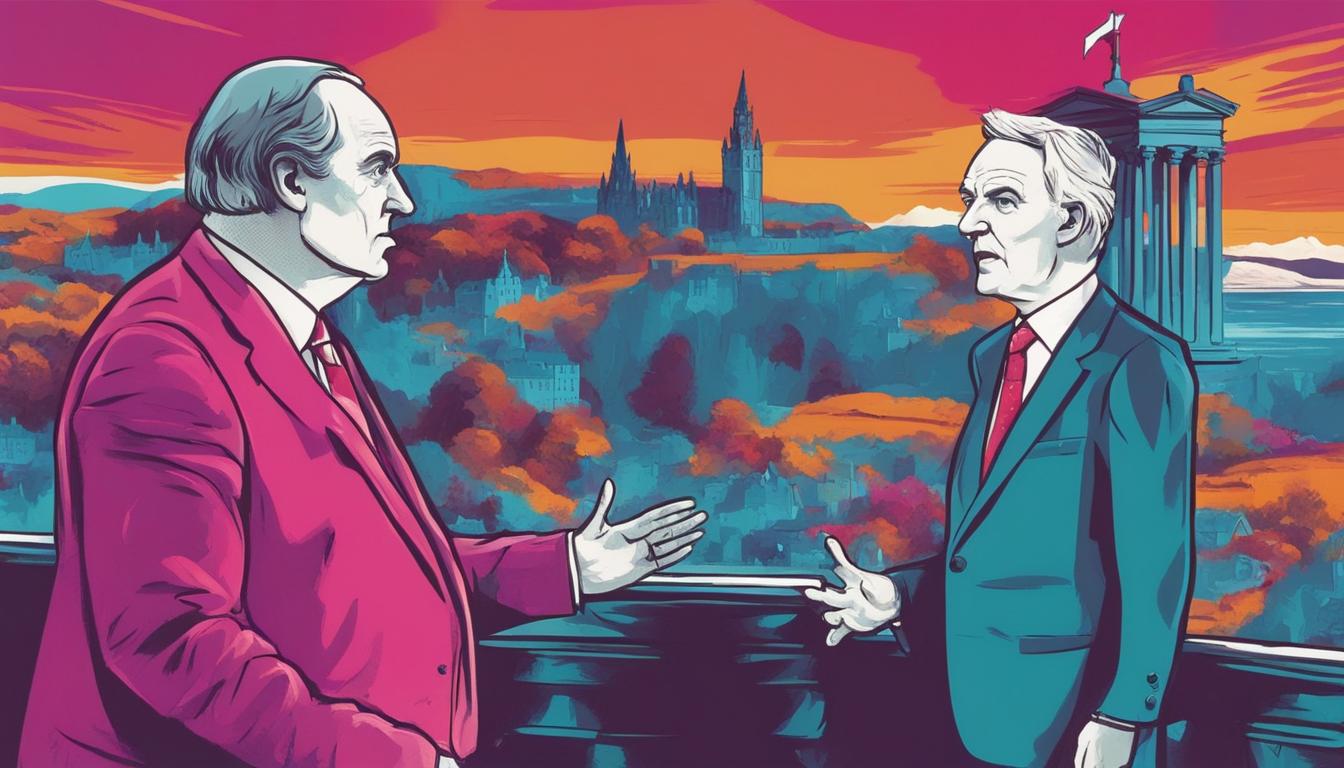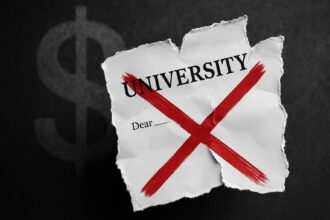Douglas Ross, the leader of the Scottish Conservatives, challenges John Swinney, the likely new SNP leader, to rethink the push for Scottish independence and focus on collaboration, potentially altering the course of Scottish politics.
Douglas Ross, leader of the Scottish Conservatives, has publicly challenged John Swinney, the anticipated new leader of the Scottish National Party (SNP), to abandon the party’s pursuit of Scottish independence and to reconsider collaboration strategies, particularly with the Scottish Greens. Ross’s appeal to Swinney involves a call to forego any request for powers to conduct another independence referendum during his term as First Minister. He has also suggested that Swinney should eliminate the role of independence minister, currently held by Jamie Hepburn, and redirect focus towards rectifying previous SNP administrations’ shortcomings.
The backdrop to these exchanges includes the recent resignation of Humza Yousaf as First Minister, following which Swinney is expected to step into leadership, unopposed. Despite the resignation stirring significant attention, the SNP aims to consolidate under Swinney’s leadership, as indicated by Net Zero Secretary Mairi McAllan.
Ross has spoken out against the possibility of Swinney forming a new alliance with the Scottish Greens, describing their policies as detrimental to economic progress. This comes as the SNP, lacking a clear majority in Parliament, may seek collaboration with the Greens, whom, according to a Green MSP, are unlikely to enter into a new agreement.
Moreover, Ross has accused Swinney of having a detrimental focus on independence, which he believes has been divisive and a distraction from critical issues such as healthcare, education, and economic growth. In defense, Swinney’s camp has dismissed Ross’s critiques as misleading and counterproductive to constructive discourse. They emphasize Swinney’s readiness to engage with all parliamentary parties if he becomes First Minister.
The unfolding political scenario in Scotland continues to attract significant attention as leadership changes and policy directions are anticipated with Swinney’s expected ascension.













